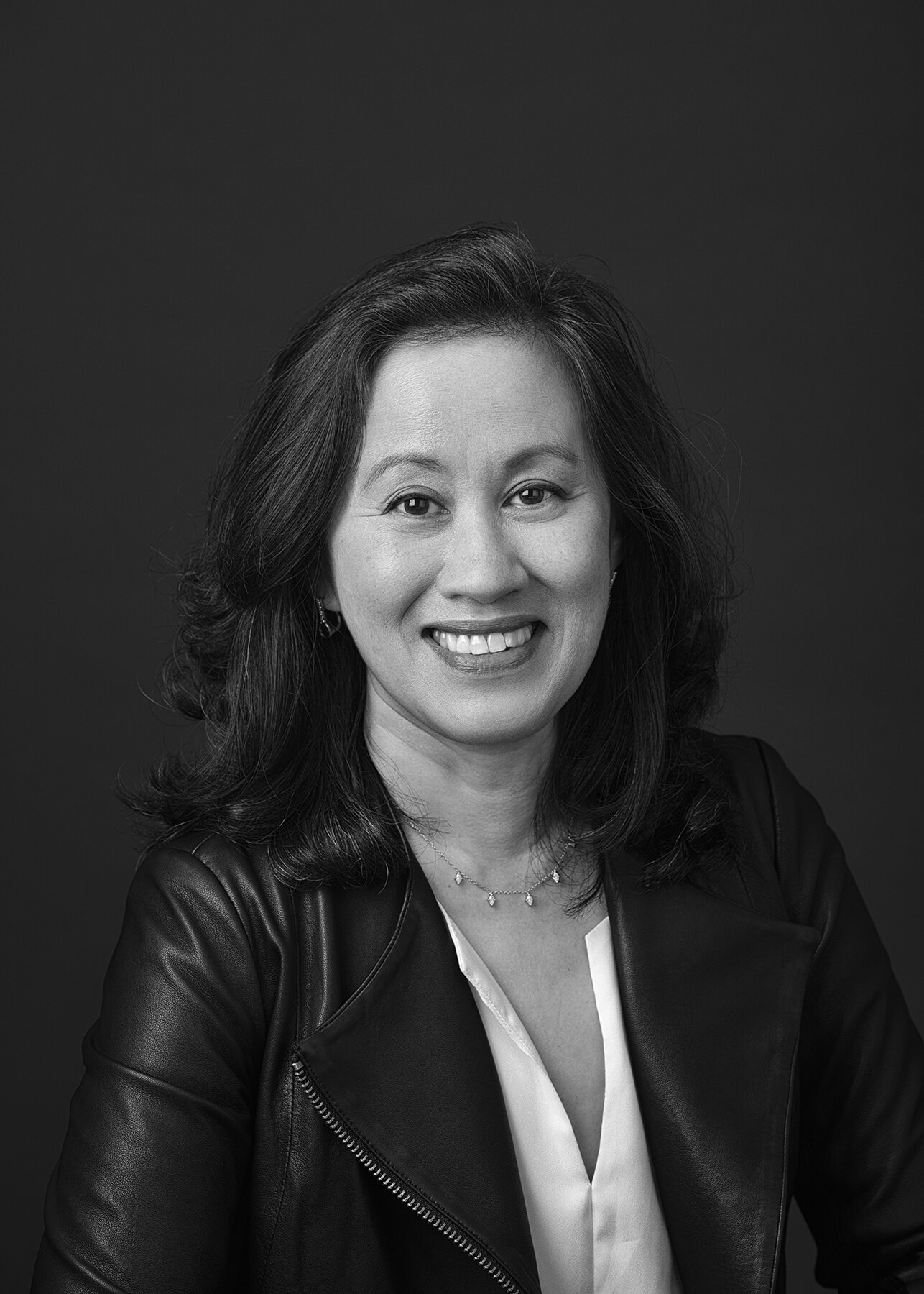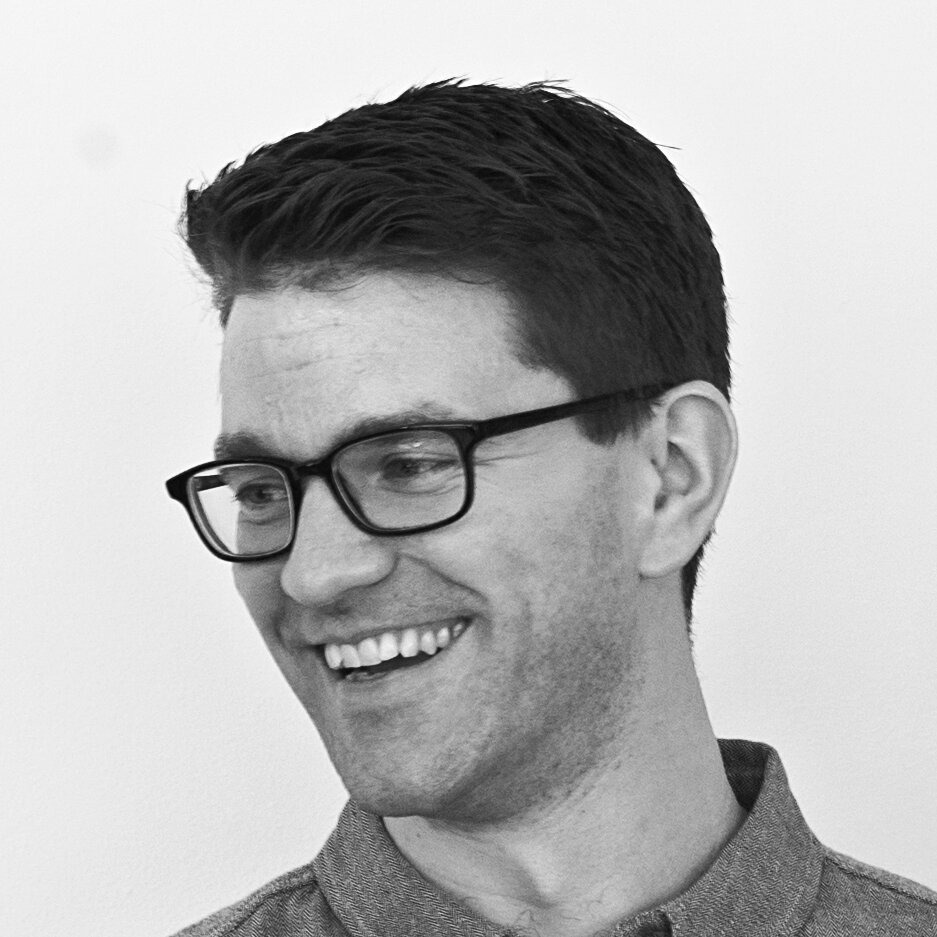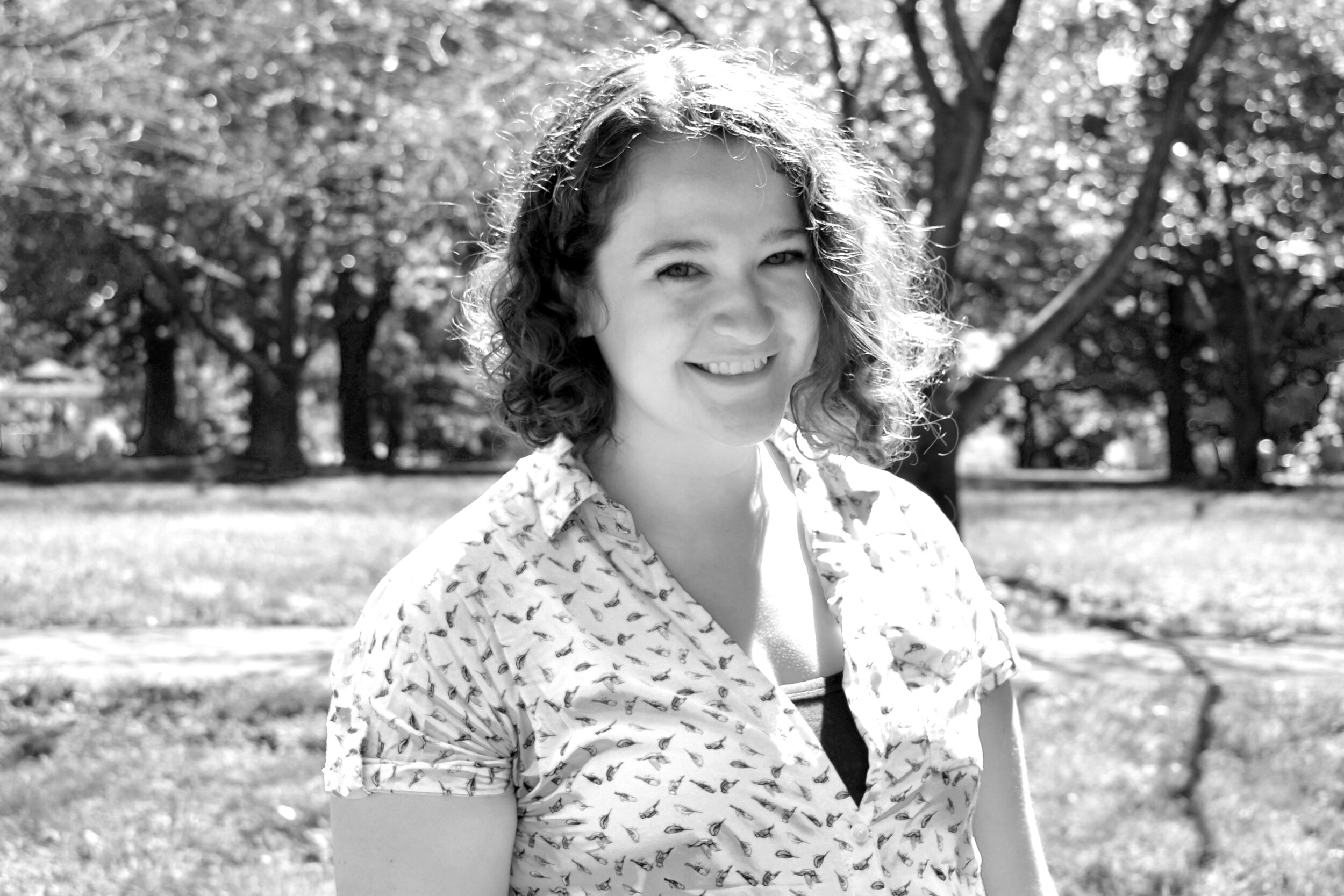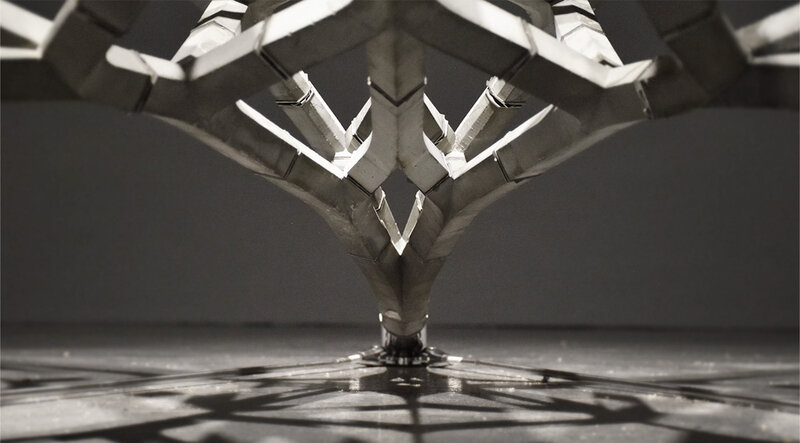
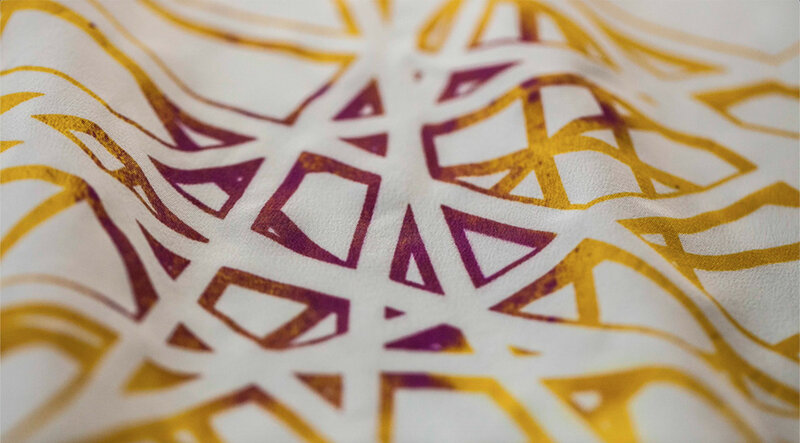
Laia Mogas-Soldevila SMArchS '13, SM '15 and Masoud Akbarzadeh M.Arch '11 SMArchS '12 were featured in CityX Venice, the Italian Virtual Pavilion for the 17th Venice Architecture Biennale.
The text below is reposted from the PennDesign website with updates. Read original here.
In conjunction with the 17th International Architecture Exhibition - La Biennale di Venezia, this May, CityX Venice, a virtual exhibition of new and recent work by leading architects and designers from around the world, opened online. Winka Dubbeldam, who is Miller Professor and chair of the Department of Architecture and director of the Advanced Research and Innovation (ARI) Lab, served as one of the creative directors for the Italian Pavillion’s Virtual exhibition, which was curated by Tom Kovac, RMIT University, and Alessandro Melis, Portsmouth University, to “investigate and identify dynamics of change and engagement with nature.”
The exhibition includes work by six faculty members of Weitzman’s Department of Architecture: Masoud Akbarzadeh, assistant professor of architecture and director of the Polyhedral Structures Lab (complex geometries); Dorit Aviv, assistant professor of architecture and director of the Thermal Architecture Lab (resilience); Karel Klein, lecturer in architecture and co-director at Ruy Klein (artificial intelligence); Ferda Kolatan, associate professor of architecture and founding partner at SU11 (synthetic nature); Laia Mogas-Soldevila, assistant professor of architecture (material science); Robert Stuart-Smith, assistant professor of architecture and director of the Autonomous Manufacturing Lab (robotics and autonomous systems).
Participants are represented by a series of virtual pavilions, which have been launched in succession since May 22. The pavilions link to further information on each exhibitor, including a series of videos on YouTube. Dubbeldam’s selection of designers for the exhibition brings together the work of several faculty members affiliated with ARI, along with others who are engaged in design-research projects that, as Dubbeldam put it, “exemplify the ‘design-research’ approach taken in the School’s studios.” While the projects highlighted from the exhibiting faculty members show widely diverse approaches to new materials, nature, and technology, Dubbeldam notes that together they achieve her aim for the Department’s long-term vision: “to actively expand the role of the architect into the field of research.
The projects in the exhibition highlight the breadth of design-research under way at Weitzman: Dorit Aviv is exhibiting The Hydroculus, a prototype for novel cooling technology which combines evaporative and radiative cooling in hot-dry climates. In the video Aviv describes the chimney-like structure, which will be tested in the Sonoran Desert in Arizona, as responding to the need “to fundamentally change design conventions for building cooling systems” in the face of climate change.
Laia Mogas-Soldevila describes her research into textiles printed with biological inks, called Lachesis interactive surfaces, which change colors when coming into contact with various fluids. The fabrics can sense such things as sweat, tears, saliva, rain, or the ocean, and give visual signals by changing color, which could be used to monitor human health, or the health of an environment.
Ferda Kolatan’s contribution, Ghost in the Garden, is a speculative contemplation on how the deepening relationship between perceived dichotomies of technology/nature and human/non-human may unfold in the American southwest.
Other videos expore cutting-edge use of autonomous systems for construction, innovative approaches to minimizing material waste through advanced engineering processes, and speculative explorations into finding new uses for existing structures and infrastructures of our cities.
On Thursday, July 15, at 10:30am EDT, Dubbeldam will be joined by the six participants for a virtual conversation as part of a series of events called Log’rithms organized by CityX and Log, and hosted by the journal’s editor Cynthia Davidson. Log’rithms 2: The Science of Architecture will examine three themes: Material and Ephemeral, Synthetic Ecologies, and the Agency of Aesthetics.
In addition, Archi-Tectonics, the New York-based firm where Dubbeldam is founding partner, will celebrate the publication of its new book Strange Objects, New Solids, and Massive Things (Actar, 2021) at the CityX Venice vernissage in Venice in September (date to be announced).
CityX Venice also features work by Department of Architecture faculty members Ezio Blasetti and Danielle Willems, lwho are the founding partners of Maeta Design. They are presenting their project Ephantasmata, which uses algorithmic processes to create highly complex forms.
In August, another exhibition featuring work by Weitzman faculty, FEEDback – It’s About Time!, will open in Venice. Curated by Eric Goldemberg, it is a modified version of an exhibition organized by Florida International University in 2020 that explores the role of feedback–both instrumental and conceptual–as a critical part of the design process. The exhibition includes work from Ali Rahim, professor of architecture and director of the MSD-AAD program; Hina Jamelle, senior lecturer in architecture and director of urban housing; Ferda Kolatan; and Simon Kim, associate professor of architecture.
The Biennale runs through November 21, 2021.






